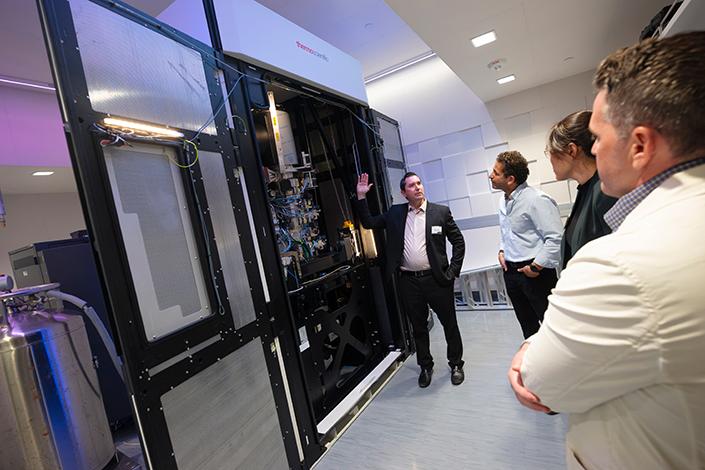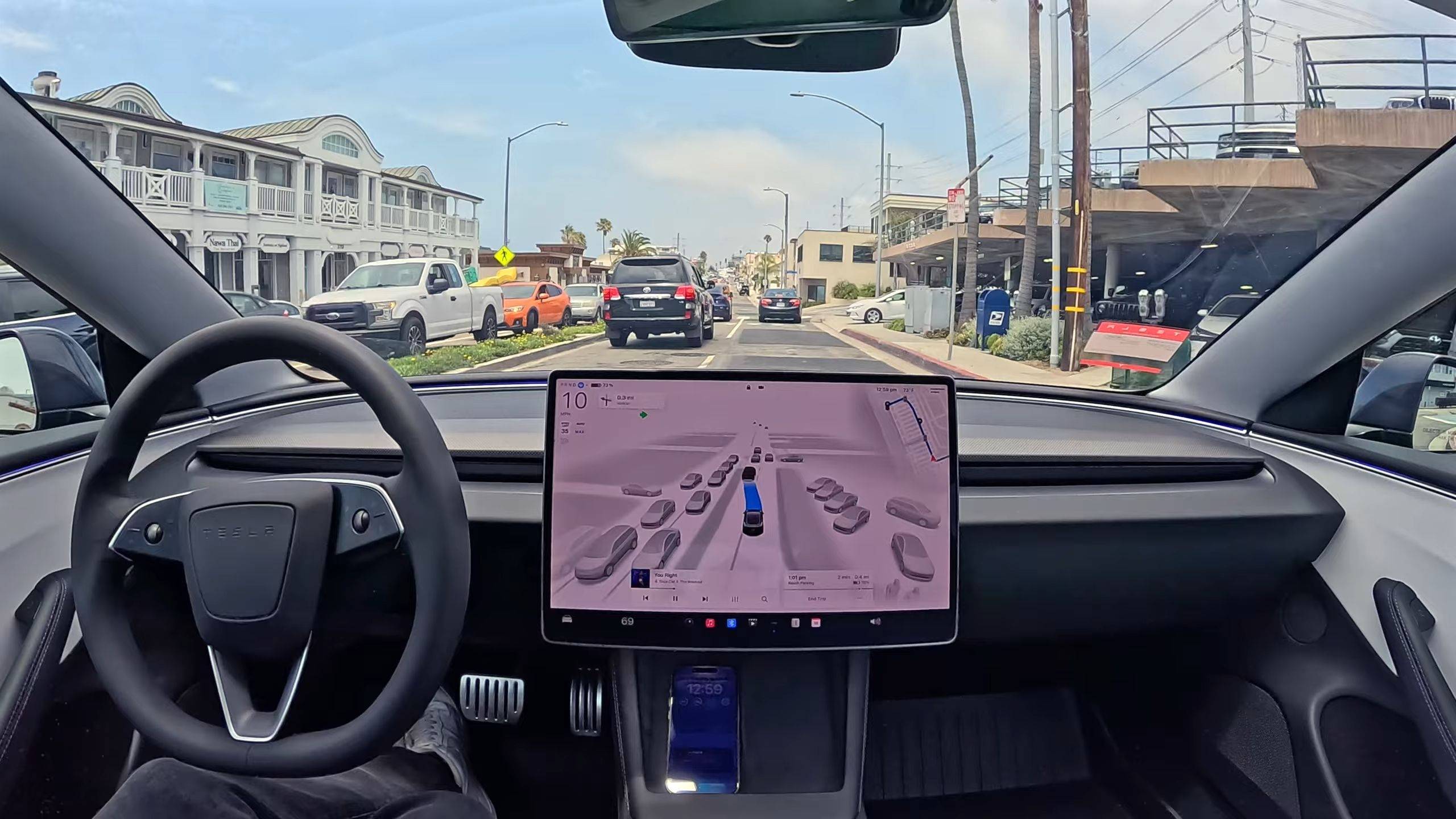
The University of California, San Diego has opened the Goeddel family of technology sandboxes, an unparalleled set of advanced instruments used for cutting-edge research and training. In order to gain an unprecedented comprehensive understanding of the complex dynamic details behind the mysteries of life, science needs to delve deeper into the complex mechanisms behind biological and physical processes. To address the challenges of emerging diseases and human health risks, scientists need to use the most advanced tools. The University of California, San Diego, together with partners Thermo Fisher Scientific and Nikon Instruments, has taken a crucial step in this direction by opening one of the world's most groundbreaking centers for biological, physical, and health science technology.
Firstly, the University of California has officially launched the Goeddel family of technology sandboxes, a center that gathers cutting-edge scientific and educational instruments. Although many top scientific instruments are beyond the capabilities of individual researchers, the Goeddel family technology sandbox will facilitate unprecedented collaboration by enabling scientists across the campus to use advanced technology for research. The Goeddel family technology sandbox is a state-of-the-art facility equipped with a unique and powerful set of scientific instruments. These technologies will enable our world-renowned teachers and researchers to explore the biological and physical world more deeply than ever before, thereby rapidly advancing scientific innovation.
Secondly, the technology sandbox is not just a physical space, it is a catalyst for cooperation and innovation. By democratizing access to transformative technologies, this facility will provide resources and connections for researchers to bring innovative technologies and medical treatments into the public domain, addressing urgent national and global health issues. The University of California, San Diego is in a leading position in the development of startups nationwide through such initiatives.
On the other hand, the Goeddel family of technology sandboxes features low-temperature electron microscopes and low-temperature electron tomography scans, which have become the most powerful tools in the world over the past decade, capable of analyzing the fundamental characteristics of life with incredible precision. These visualization tools use super large microscopes to capture images of samples stored at extremely low temperatures. Compared to traditional imaging methods that require more labor-intensive preparation, low-temperature electron microscopes and low-temperature electron tomography scans occur very quickly during the instantaneous cooling process of samples, to the point where molecules are frozen in place. These techniques provide rich details of interactions and life functions at the most fundamental level.
In addition, using these technologies, it is possible to observe cells and tissues, or bacteria infected with viruses, in order to truly uncover the truth and understand their behavior in the natural environment. Such technologies enable scientists to observe the operation of living systems with extremely high precision. They also help researchers analyze biological structures to gain a more comprehensive understanding of the workings of these complex processes.
Overall, the technology sandbox has a variety of research techniques from traditionally independent disciplines. This is currently the only center in the world that brings all these technologies together and has relevant experts. From neuroscience to plant biology to bacterial cell biology, all disciplines will advance by using these technologies, and it is difficult to predict what will happen because it has never been done before. The technology sandbox will become a way for all biologists to gather together and obtain different types of data from various samples, environments, conditions, and formulations. All of this data can and will be used to provide larger and more powerful models, which are planned to be released as open-source research tools to the wider scientific community.

According to the foreign media The Verge, recently, Tesla CEO Elon Musk's goals in the field of fully autonomous driving (FSD) have once again fluctuated.
According to the foreign media The Verge, recently, Tesla C…
In early 2026, Greenland along the North Atlantic coast bec…
Recently, the century-old American high-end department stor…
Recently, the U.S. stock market has appeared turbulent amid…
Recently, the largest private equity firm in South Korea, M…
In early 2026, after the Trump administration detained Vene…